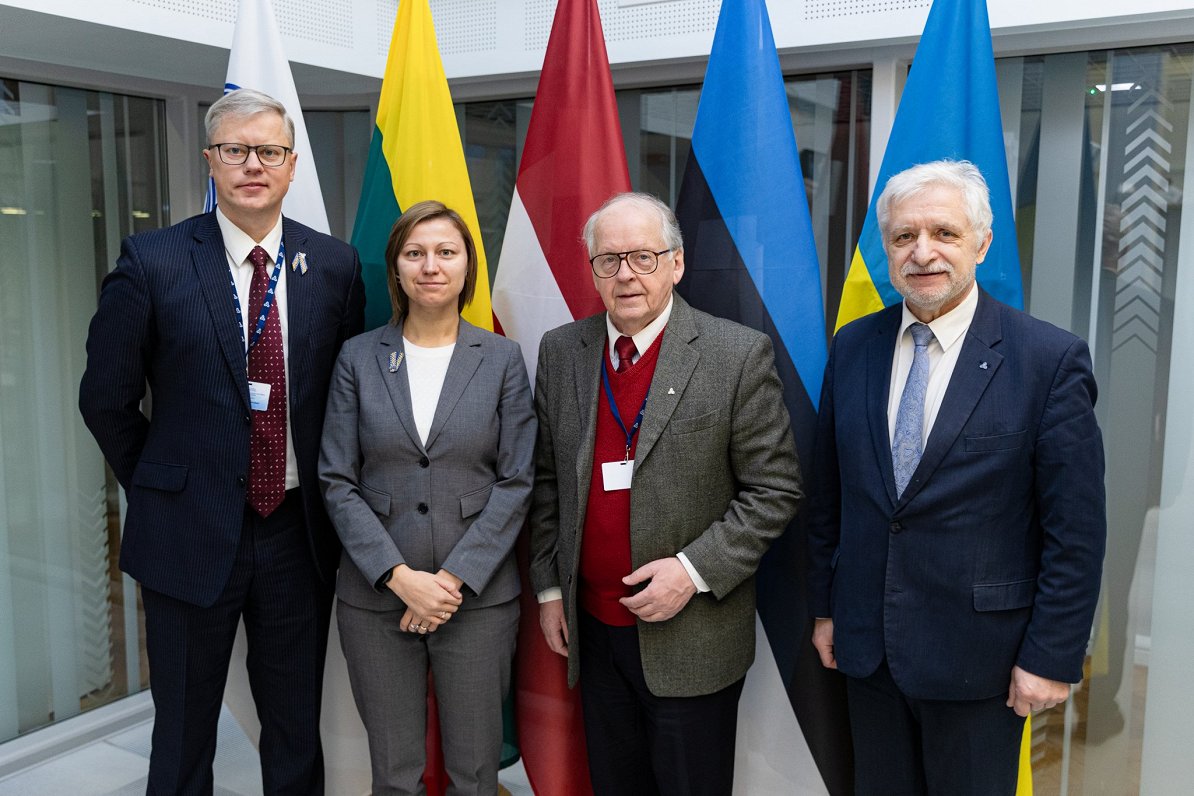"We demand immediate European action to ensure the complete victory of Ukraine in accordance with the peace formula promoted by it," said Jānis Vucāns, vice-president of the Baltic Assembly and head of the Latvian delegation.
Deputies from the parliaments of Latvia, Estonia and Lithuania in the statement emphasize the essential importance of various forms of support – military, financial and political, in order for Ukraine to be able to fully recover its territories. They state that this support must be continuous, sufficient, timely and forward-looking.
The Presidium of the BA urges members of other countries' parliaments not to underestimate the long-term impact on stability in Europe, on the operation of international systems and on the development of all nations that value their freedom highly, if Ukraine is not given adequate support in accordance with the seriousness of the current situation.
Parliamentarians reaffirm the unequivocal support of the Baltic States for Ukraine's integration into Europe and the Euro-Atlantic space.
The deputies also call on the international community to more actively implement the policy of sanctions against Russia and to look for legal ways so that the frozen Russian funds can be used for the reconstruction of Ukraine.
Parliamentarians also provide a reminder remind that the mistakes made ten years ago, when Russia grossly violated international law and occupied Crimea, gave the aggressor a sense of impunity. The full statement is attached to this story.
The Baltic Assembly is a cooperation institution of the parliaments of Latvia, Estonia and Lithuania, which was established on November 8, 1991. In the assembly, each parliament of the Baltic states is represented by 12-16 members. The Assembly is a coordinating and consultative body. It has the right to express its opinion to national parliaments, governments and the Baltic Council of Ministers in the form of resolutions, decisions, declarations and recommendations and to request answers on how the topical cross-border issues of the BA agenda have been solved.





























